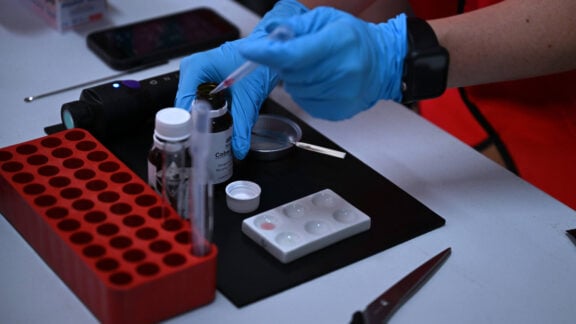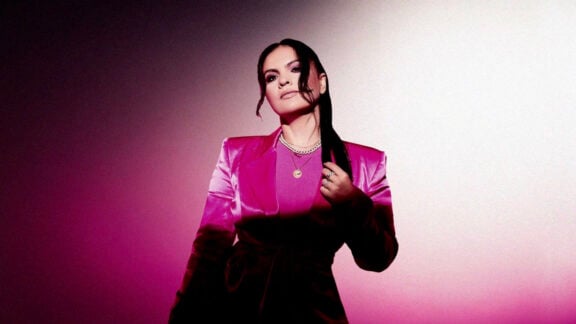An extensive research study undertaken by Monash University shows that Australians are not the caring, friendly, fair-dinkum people we thought we were, with many new migrants reporting high levels of ethnic or religious discrimination.
”Around 40 to 45 per cent of recent arrivals report experience of discrimination over the last 12 months,and that’s probably an understatement… Professor Andrew Markus
The survey, released this week, is the latest in a series entitled ‘Mapping social cohesion’ and was funded by the Scanlon Foundation and the Federal Government.
It shows migrants who arrived in Australia in the last 20 years often feel singled out because of the colour of their skin or their religion, and many say they have a lack of trust in their fellow citizens and political institutions, when compared to the wider population.
The study’s findings – concerning attitudes to the national character – are perhaps the most disturbing. Asked to nominate what they ‘least like’ about Australia – racist discrimination is top of the list.
People from non-English-speaking backgrounds are almost twice as likely to report suffering discrimination than from English-speaking countries, with Indians and Sri Lankans listing ‘prejudice’ as the least desirable aspect of Australians.
A significant number of New Zealanders also noted discrimination, largely because of limitations on entitlements when give residency.
Asked what they ‘most like’ about Australia, 3 per cent of recent migrants describe Australians as “caring, friendly, hospitable”, a dramatic drop from similar national surveys conducted by the Federal Government in the 1990s.
Ironically, the latest findings point to migrants experiencing general satisfaction with their new home, the quality of public services provided, pride in their adopted country, and believing that hard work brings a better life.
The study also finds migrants no longer experience the kind of isolation as was the case during the years of mass migration, with communications technology, the internet and cheap airfares allowing a level of interaction with friends and family in their old home that would have been unimaginable a few decades ago.
Migration rates have doubled from the 1990s, moving from an emphasis on family unification to employment skills.
Study author Andrew Markus told Neos Kosmos that the findings suggest discrimination against migrants has increased markedly in recent years.
“Racial discrimination in Australia is not a minor matter. Around 40 to 45 per cent of recent arrivals report experience of discrimination over the last 12 months, and that’s probably an understatement, it’s not low,” Professor Markus said.
Asked if it was possible to compare levels of discrimination today with those experienced in the 1950s and 1960s, Professor Markus said such comparisons were difficult.
“We live in a society where multiculturalism is embraced. The official rhetoric is one of understanding and respect, as opposed to ‘leave all that behind you and assimilate as quickly as you can’.”
With a relatively small number of recent migrants from Greece to Australia – when compared to Asia, the UK and New Zealand – the study does not specify attitudes of Greek nationals who have recently made Australia their home.
Theo Giourtis, president of the Hellenic Australian Community Support Association – which has helped hundreds of migrants from Greece settle in the past year – told Neos Kosmos that the issue for most was gaining enough employment to meet the cost of living.
“We say you must learn the language. There’s work out there. The biggest problem people are facing as students is the limit of 20 hours work a week.”
Mr Giourtis said the most common issue for new migrants from Greece who were seeking employment was an inability to speak and write English to a level that Australian employers expect.
Vivi Michailidou – a single mother who arrived in Melbourne in 2012 – who is enrolled in a disability care course at ITHEA, told Neos Kosmos that she had never experienced any discrimination in her adopted home, and that for her, what she ‘least liked’ about Australia were the limitations of her student visa.
“This is the hardest part. If I had the chance to work more it would be better. I want to stay permanently, I want to stay here for my daughter’s future, but I’m not sure how I will do that,” said Ms Michailidou, who works part-time at Fronditha Aged Care.
“No one asked us to come here, we came here by ourselves, but we need a chance to prove what we really are.”









